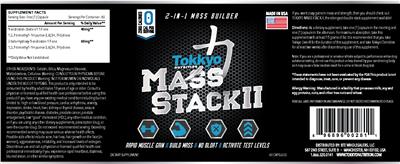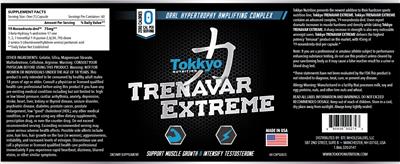Caffeine
Category: non-nutrient/non-botanical
Group: Caffeine
Caffeine is a natural stimulant commonly found in coffee, tea, and energy drinks. It temporarily enhances alertness, concentration, and energy levels. Chemically, it is known as 1,3,7-Trimethylxanthine and is widely used in various nutritional supplements and weight loss products.
Disclaimer: The information below is AI-generated analysis and should not be considered medical advice. Data may be incorrect, incomplete, or outdated. We are not responsible for the quality, accuracy, or reliability of this information. Always consult your healthcare provider before using any ingredients or products.
Uses
Caffeine is primarily used for its stimulating effects on the central nervous system. It helps to improve mental alertness, reduce fatigue, and enhance physical performance. It is frequently included in weight loss and fitness supplements as an energy booster and thermogenic agent. Additionally, caffeine can be used to relieve headache symptoms and is a common ingredient in certain medications.
Common Uses:
Side Effects
Side effects of caffeine can vary depending on consumption levels. Common side effects include restlessness, insomnia, headache, dizziness, and quickened heartbeat. In rare cases, excessive intake may lead to more serious conditions such as anxiety, palpitations, or dependency.
Common Side Effects:
Rare Side Effects:
Precautions
Caffeine should be consumed with caution in certain populations. It is advisable for individuals with heart conditions, high blood pressure, or certain mental health disorders to limit intake. Pregnant individuals are recommended to restrict caffeine consumption to avoid potential risks to the fetus.
Avoid if:
Consult healthcare provider if:
Drug Interactions
Caffeine may interact with a variety of medications, potentially altering their effects. This includes certain antibiotics, asthma medications, and antipsychotic drugs. Combining caffeine with other stimulants can enhance its effects and side effects.
Medications that may interact:
Dosing
The commonly recommended dosage of caffeine for most adults is between 100 mg to 400 mg per day. It's generally advised to spread the caffeine intake throughout the day to avoid sudden spikes that can lead to sleep disruptions. Best taken with food or a beverage.
Notice something incorrect?
If you notice any false or inaccurate information in our ingredient listings, please contact us so we can correct it.









